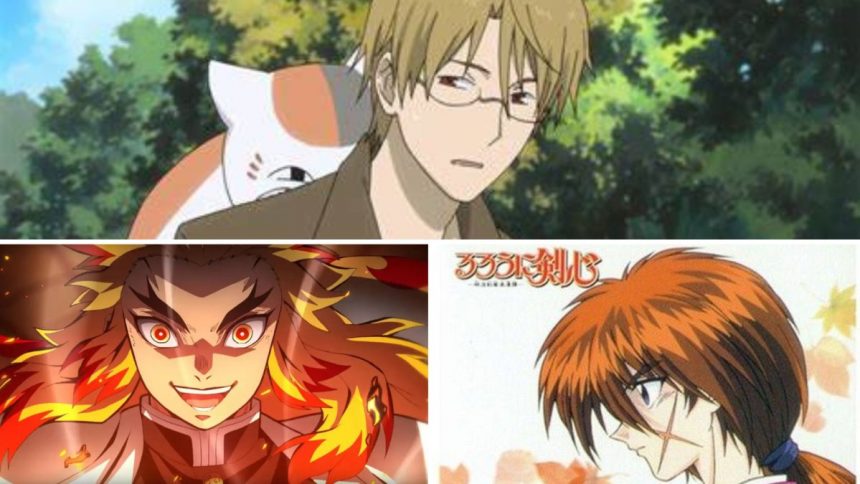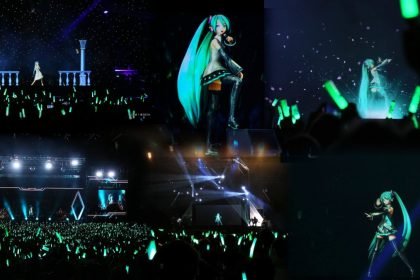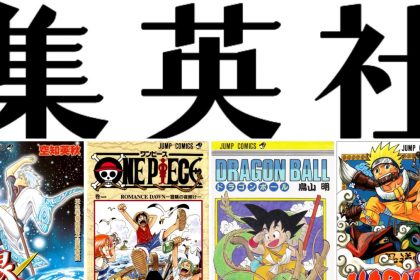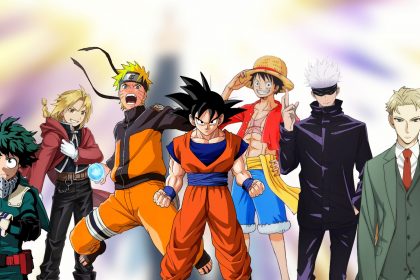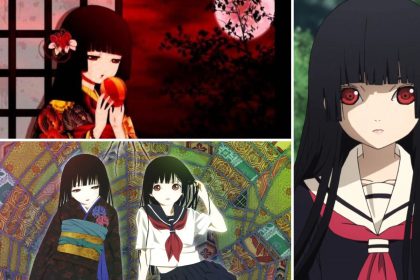Japanese legends have long served as a wellspring of inspiration for anime and manga creators. The rich mythology and folklore of Japan provide a vast tapestry of captivating stories and characters that have become integral to the medium. Incorporating elements from these legends not only adds depth and cultural significance to the narratives but also captivates audiences worldwide. In this article, we delve into the realm of Japanese legend in anime and manga, exploring the influence of yokai, legendary samurai, Shinto gods, and demons in these captivating mediums.
The Power of Japanese Legends in Anime and Manga
Japanese legends hold a profound influence on the narratives and themes found in anime and manga. These legends span a wide range, from supernatural creatures known as yokai to iconic samurai warriors and revered Shinto gods. By drawing upon these legends, anime and manga creators infuse their stories with a sense of cultural heritage, adding depth and resonance to the narratives. The power of Japanese legends lies in their ability to evoke a sense of wonder, mystery, and familiarity, captivating audiences and immersing them in the fantastical worlds of anime and manga.
Yokai: Supernatural Creatures in Anime and Manga
In Japanese folklore, yokai are supernatural creatures that inhabit the world alongside humans. They can take various forms, ranging from mischievous tricksters to terrifying monsters. The allure of yokai lies in their ability to blur the boundaries between the natural and supernatural realms, offering a glimpse into a hidden world teeming with wonder and danger. In anime and manga, yokai are often portrayed as central characters or themes, showcasing their unique abilities, quirks, and interactions with humans. Series like “Natsume’s Book of Friends” and “Mushishi” explore the intricate relationships between humans and yokai, delving into themes of empathy, coexistence, and the cyclical nature of life.
Legendary Samurai: Japanese Spirit of Bushido in Anime and Manga
The samurai, legendary warriors of feudal Japan, have become iconic figures in anime and manga. Embodied by the principles of bushido, the samurai code of honor, these characters epitomize loyalty, honor, and self-discipline. Anime and manga series such as “Rurouni Kenshin” and “Samurai Champloo” pay homage to the legacy of samurai, presenting captivating narratives that explore the internal struggles and external conflicts faced by these skilled swordsmen. The portrayal of samurai in anime and manga often showcases their unwavering dedication to their cause, their mastery of martial arts, and the sacrifices they make for the greater good.
Shinto and Mythical Beings: Gods and Spirits in Anime and Manga
Shinto, the indigenous religion of Japan, reveres a pantheon of gods and spirits known as kami. These divine beings are deeply intertwined with the natural world, embodying the forces of nature and the essence of Japan’s cultural heritage. In anime and manga, Shinto gods and spiritsare often depicted as powerful entities with unique abilities and distinct personalities. Series like “Noragami” and “Kamisama Kiss” delve into the realm of Shinto mythology, exploring the relationships between humans and gods. These narratives not only showcase the awe-inspiring powers of the gods but also delve into themes of faith, duty, and the delicate balance between the human and divine realms.
Oni and Demons: How Japan’s Symbolism of Evil in Anime and Manga
In Japanese folklore, oni are malevolent demons associated with evil and chaos. These fearsome creatures often possess immense strength and exhibit monstrous appearances. In anime and manga, oni and demons are frequently portrayed as antagonists, challenging the protagonists and testing their resolve. Series like “Demon Slayer: Kimetsu no Yaiba” and “Blue Exorcist” showcase the battles between humans and demons, exploring themes of personal growth, the struggle between light and darkness, and the power of determination. The symbolism of evil embodied by oni and demons adds depth and intensity to the narratives, creating compelling conflicts and character arcs.
Conclusion
Japanese legends have an undeniable impact on the world of anime and manga. From the enchanting realm of yokai to the noble spirit of samurai, the cultural heritage of Japan weaves its way into the narratives, characters, and themes of these mediums. The captivating stories that emerge from this fusion of tradition and creativity resonate with audiences worldwide, immersing them in fantastical worlds filled with wonder, honor, and supernatural beings. The enduring appeal of Japanese legends in anime and manga lies in their ability to evoke a sense of awe, curiosity, and familiarity, creating narratives that transcend cultural boundaries and capture the hearts of fans worldwide.







